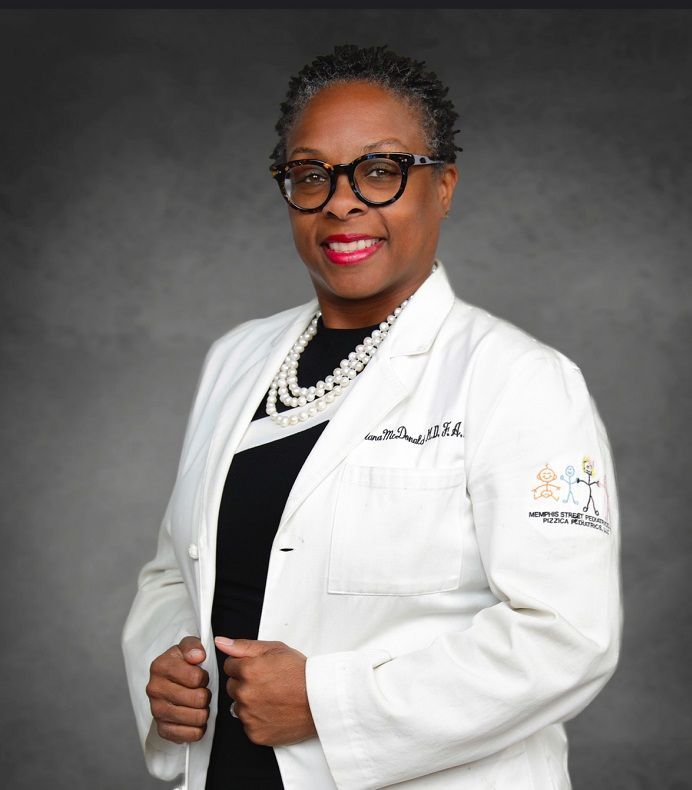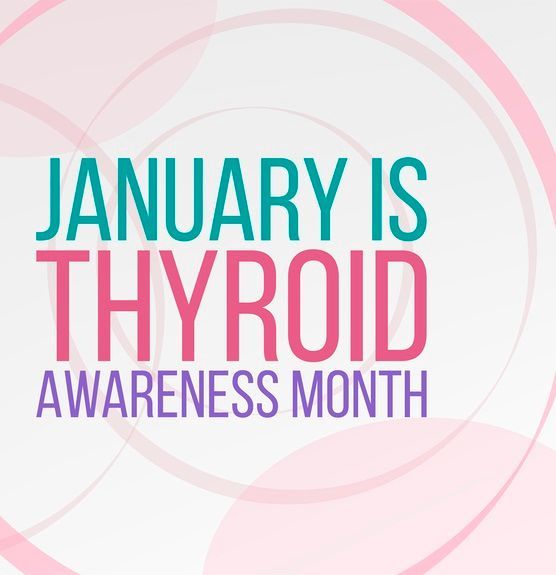Taking Action When It Comes to Heart Health
It’s no surprise that February is American Heart Month. After all, the heart is the symbol of Valentine’s Day! But did you know that heart disease is the leading cause of death in the United States? Heart disease “impacts some communities disproportionately,” as noted by the National Heart, Lung, and Blood Institute, and common conditions that increase the risk of heart attacks or strokes, like high blood pressure, diabetes, and obesity, are particularly prevalent in African American communities.
Here are some eye-opening statistics:
● “47% of Black American adults have been diagnosed with cardiovascular disease, compared with 36% of white adults.” (my.clevelandclinic.org)
● “About 55% of Black adults have high blood pressure, also known as hypertension. Black people also have higher rates of more severe high blood pressure than other ethnic groups and it develops earlier in life.” (heart.org)
● “Black adults are 60 percent more likely than white adults to be diagnosed with diabetes, a chronic disease that contributes to the narrowing and hardening of your arteries. Diabetes can lead to stroke and coronary artery disease, among other types of heart disease.” (pennmedicine.org)
● In 2023, “African American adults were 30% more likely to be obese” than white adults and “African American students in grades 9-12 were 50% more likely to obese” than their white peers.” (minorityhealth.hhs.gov)
While “systemic factors play a major role in these statistics,” according to the American Heart Association, “Black people in the U.S. can improve their odds of preventing and beating these diseases by understanding the risks and taking simple steps to address them.”
Check your blood pressure regularly and keep track of any changes. A normal blood pressure reading is less than 120/80 mm Hg. A high blood pressure reading is 130/80 mm Hg or higher. If your blood pressure is abnormally or consistently high, be sure to notify your doctor and seek treatment right away.
Move your body to get your heart pumping. The Centers for Disease Control recommends at least 150 minutes of moderate-intensity physical activity per week (such as jogging or a brisk walk), as well as muscle-strengthening exercises. Spread out your physical activity into manageable chunks of time, and know that any exercise is better than no exercise.
Eat a heart-healthy, balanced diet. Try to include a variety of fruits and vegetables, lean sources of protein (poultry, fish and seafood, low-fat dairy, nuts, beans), and whole grains. Limit processed foods, added sugars, and too much salt.
Discuss any concerns with your doctor. As we noted in “5 Easy Tips for Establishing Doctor-Patient Trust,” finding a culturally competent doctor, and scheduling regular check-ups and follow-up appointments, means that conditions can be prevented, detected at early stages, and effectively treated to improve outcomes.
Growing up in North Philadelphia, the Twin Sister Docs witnessed a massive gap between their community and its healthcare professionals. Boasting a largely African American and Latinx population, the community’s needs were largely neglected by medical establishments made up primarily of non-African American doctors with no ties to the neighborhoods in which they practiced. This neglect not only produced skepticism; it also drove a wedge between the community and the medical services they desperately needed. The Twin Sister Docs, recognizing they have a unique role to play, seek to bridge that gap, restore trust in medical professionals and transform these multicultural communities through reliable health care.
The Contents of the TwinSisterDocs website, such as text, graphics, and other material contained on the site ("content") are for informational purposes only. The content is not intended to be a substitute for professional medical advice, diagnosis, or treatment. Further, the response to questions should be viewed as general health information and not as clinical advice or treatment from TwinSisterDocs (Delana Wardlaw, MD and Elana McDonald, MD). Always seek the advice of your personal physician or health.







